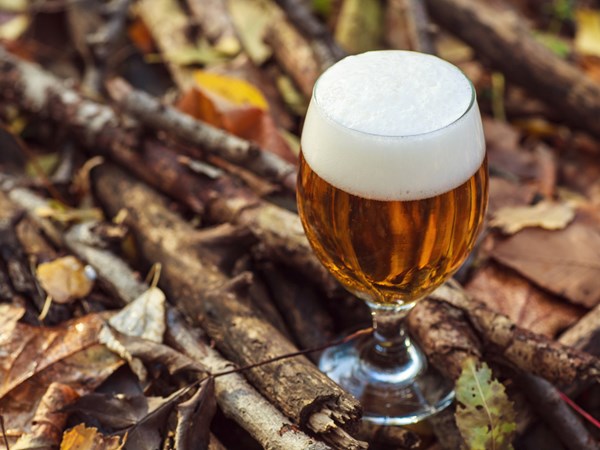Who invented gin?
Who invented gin, one of the most beloved alcoholic drinks in the world? No-one did because it evolved from something else. That’s why the question where was gin invented cannot be answered either.
Gin, a distilled spirit made with juniper berries and other botanicals, is an evolution of genever a beverage which was widely produced in the Low Countries – the area now known as Belgium, Luxembourg and the Netherlands - from the late 16th century. It was distilled from malted cereal and flavoured by juniper berries and sometimes aniseed and caraway. Genever was not invented either rather it developed over decades in a number of countries, and like all distilled spirits began as liquid delivery method for medicinal plant materials.
Juniper’s Medical Benefits
The first written proof of a juniper flavoured alcoholic concoction came from mid-11th century monks at a monastery in Salerno, Italy who wrote about their research on juniper berries in distilled wine. Juniper has been used for millennia to treat ailments including digestive problems, kidney and gastrointestinal infections, menstrual pain, gout, and tapeworms. It was used to purify blood, as an antiseptic, and juniper branches were burned as a fumigant. Herbalist Nicholas Culpeper wrote of juniper in his book ‘The English Physitian’ published 1652 advising of its efficacy in curing a number of ailments including sciatica, convulsions, and tuberculosis.
To academics the transformation of fruit and plants into distillate was supernatural and the word ‘spirit’ signifies that magic. They shared their expertise among European universities, monasteries and apothecaries. For the latter it was especially useful because distilled alcohol is an effective agent for preserving medicinal botanicals. Compounds dissolved in alcohol enter the bloodstream quickly. Alcohol also releases opioid endorphins in the brain and confers a feeling of elation. Although at this time spirits were not consumed for leisure the side effects of intoxication would have been a pleasing bonus. By the time genever became popular in Britain in the 17th century, juniper was already widely used in healthcare.
The Water of Life
As distillation spread through Europe via medical schools and universities alchemists were improving the technique. Florentine medical professor Taddeo di Alderotti is credited with developing fractional distillation where a liquid is separated into its component parts. In the late 13th century he wrote a treatise called ‘De Virtute Aquae Vitae quae etiam dicitur aqua ardens’ (On the virtues of the water of life which is also called burning water) bestowing the name by which distillate is still known. Aqua vitae translates into French as eau de vie, which means ‘water of life’. Professor di Alderotti was convinced that he had discovered the elixir of life, a miraculous treatment for ensuring good health and longevity, when he described distillate thus ‘Its glory is inestimable, it is the parent and lord of all medicines and its effects are marvellous’.
Wonder Drug
Medics really did believe that aqua vitae was a wonder drug and fervently recommended it for a panoply of conditions. Strasbourg-born medic and alchemist Hieronymus Brunschwig (c. 1450 – c. 1512) wrote about it as being ‘the mistress of medicines’. It comforts the heart… It eases the pain in the teeth and causes sweet breath… It heals baldness and causes the hair well to grow, and kills lice and fleas. It cures lethargy…. It causes good digestions and appetite for to eat, and takes away belching … It purifies the five wits of melancholy and of all uncleanness.’
Enter London Dry Gin
Naturally the magical combination of something that is good for you and that makes you cheerful (i.e. intoxicated) transformed spirits from merely medicinal to recreational. Demand increased in countries across Europe prompting the necessity for commercial production and distribution. But it was several centuries and innovation in distilling technology before what we would recognise today as London Dry gin came about. A distilling device known as the Coffey still, patented in Britain in 1831, was able to produce a delicate and light distillate that became known as London Dry gin (the dry being a reference to the absence of sweetness). This high-quality spirit led to the expansion of family businesses including Tanqueray (later to form an alliance with Gordon’s which had been founded in the late 18th century), Gilbey’s, Boodle’s, and Beefeater, all of which continue to trade today, who in the later 19th century exported their wares and helped to build London Dry gin into the globally popular spirit it is today.
JANE PEYTON
Signed copies of The Philosophy of Gin by Jane Peyton are available via this link




